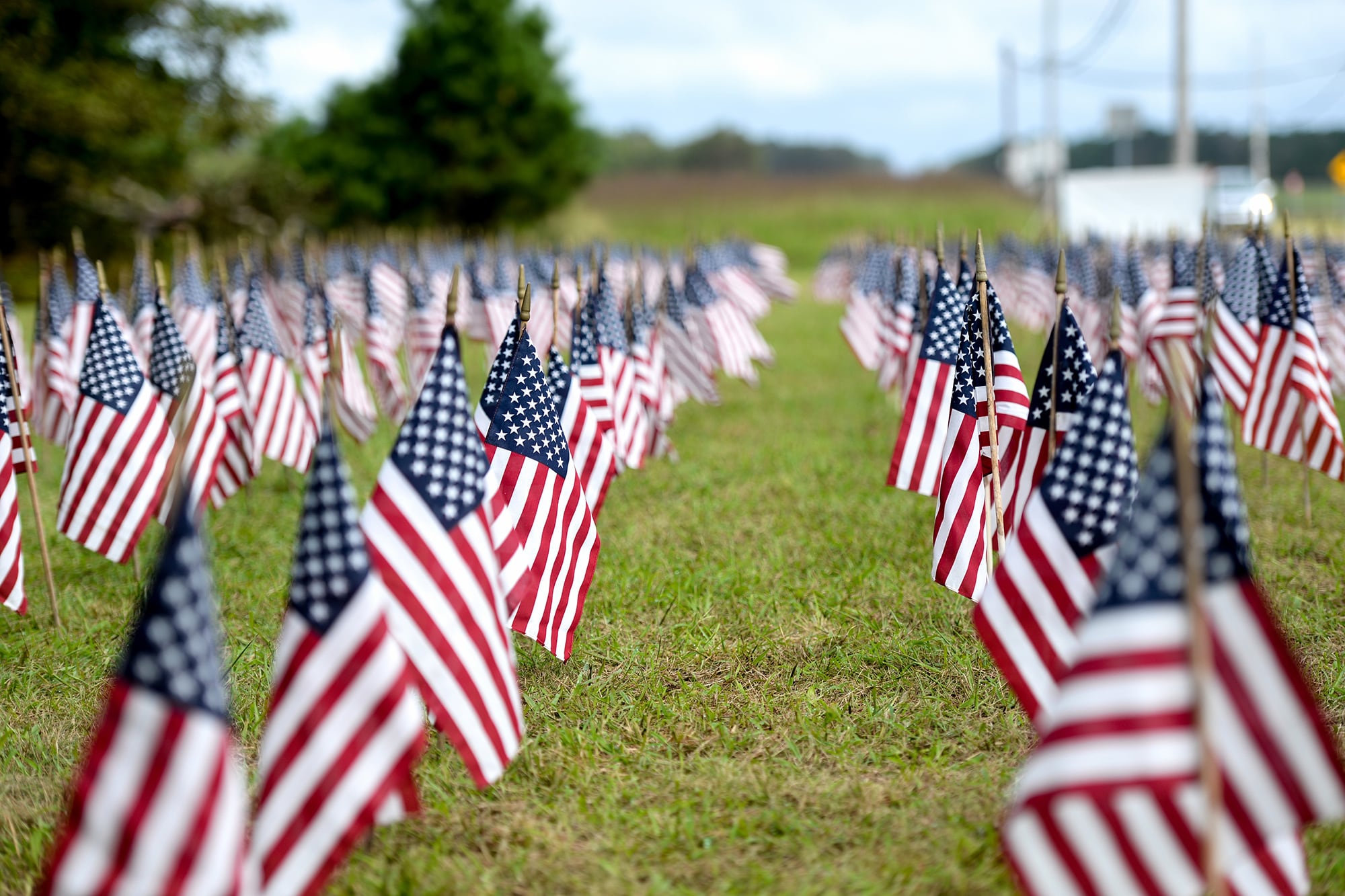Lawmakers are raising concerns about Veterans Affairs officials' delayed release of the annual suicide report, saying the information may not be made public until sometime after the November elections.
The report, a key tool for a host of government researchers and veterans advocates, has been released In late September or early October each of the last two years. Department of Defense officials released their annual report on suicides among active-duty personnel on Oct. 1.
In a statement, VA press secretary Christina Noel said the department is “still finalizing its annual suicide data report and will be releasing it this year. A release date has not been set yet.”
But in a letter to the department earlier this month, House Veterans' Affairs Committee Chairman Mark Takano, D-Calif., lamented the delay as worrisome given the importance of finding solutions to the problem of veterans suicides.
RELATED

“At a time when VA has been advocating strongly for and against specific pieces of federal legislation related to veteran suicide prevention, it is especially vital that the department share its most recent report now, to ensure that Congress has the opportunity to review VA’s current and proposed prevention efforts in the context of actual data,” he wrote.
Last year, VA researchers reported that about 17 veterans a day die by suicide, along with three more active-duty, Guard and Reserve connected personnel.
The “20 a day” figure has been widely cited by administration officials, members of Congress and outside veterans groups to illustrate the scope of the problem of veterans suicide. That figure has remained largely unchanged in recent years, despite concentrated efforts (and increased funding) on support and outreach programs.
Compiling the annual report is a significant task, requiring department researchers to comb through census data, state death reports and a host of internal documents to account for the full tally of the problem. Prior to 2016, department officials used only estimates for the work, then using the figure of “22 a day” as a rough approximation.
The House Veterans' Affairs Committee has requested a formal briefing on any partial findings by Nov. 1 if the full report is not released before then.
When the report is made public, it is likely not to include much data on the impact of the ongoing coronavirus pandemic on veterans' mental health and suicide. The data typically lags about two years behind current timing.
RELATED

On Saturday, President Donald Trump signed into law a pair of bills designed to help prevent veterans suicide, including a measure to establish a new three-digit national crisis line similar to 911 for mental health emergencies.
Earlier this summer, the White House completed a 15-month review of federal policies and research on veterans suicide prevention measures, unveiling a plan for more federal coordination with community providers on mental health outreach and a new public awareness campaign on the topic.
Veterans experiencing a mental health emergency can contact the Veteran Crisis Line at 1-800-273-8255 and select option 1 for a VA staffer. Veterans, troops or their family members can also text 838255 or visit VeteransCrisisLine.net for assistance.
Leo covers Congress, Veterans Affairs and the White House for Military Times. He has covered Washington, D.C. since 2004, focusing on military personnel and veterans policies. His work has earned numerous honors, including a 2009 Polk award, a 2010 National Headliner Award, the IAVA Leadership in Journalism award and the VFW News Media award.




